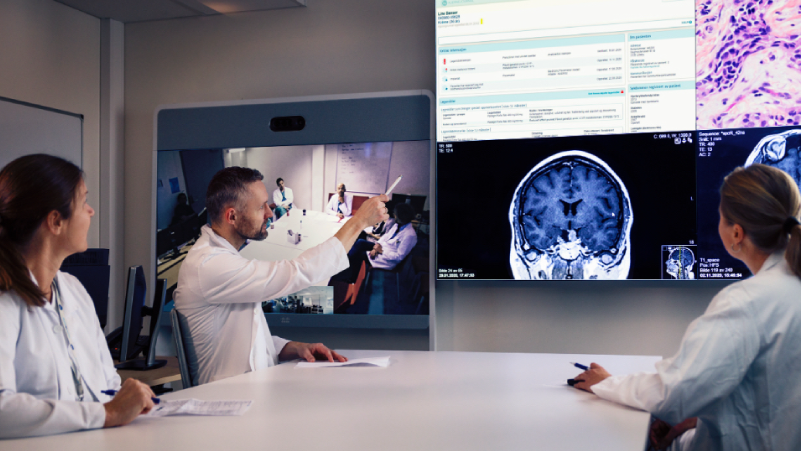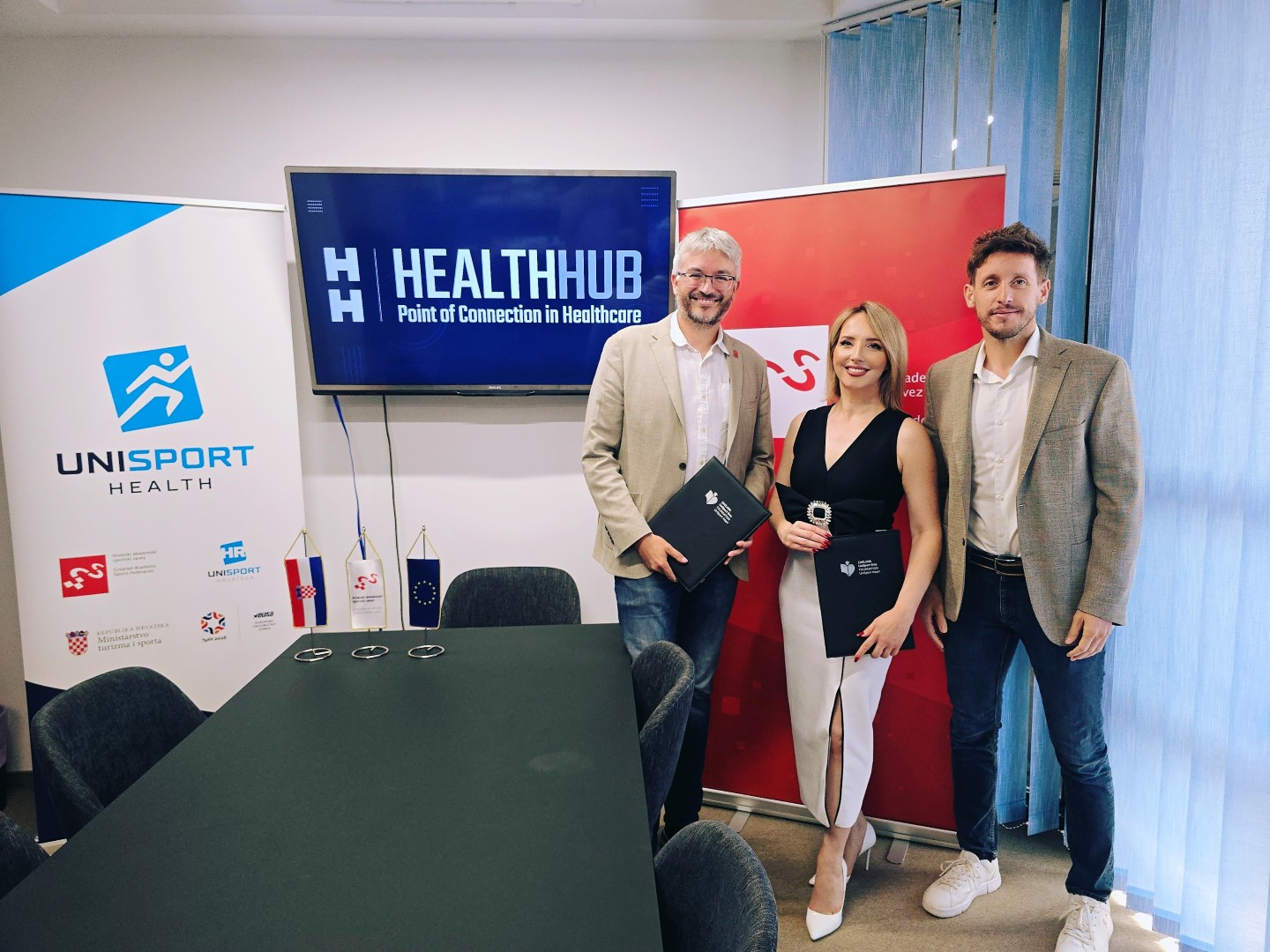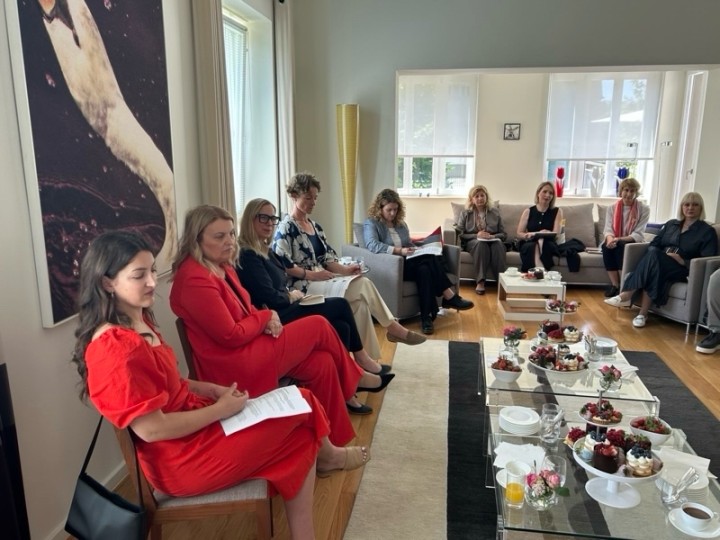Beacon of the Cancer Care – WHO & ESMO collaboration in cancer control: policies into action to save lives (Partnerships, Platforms, People, Expertise)
here is now unique political and social momentum to prioritise health and well-being, accentuated by the crises wrought by the COVID-19 pandemic. We have the opportunity to create more resilient health systems, advance science and achieve universal health coverage toward better care for all. These are the foundational principles of governments in the UN 2030 Agenda for Sustainable Development (SDG)[1] and the visions of the World Health Organization (WHO) and the European Society for Medical Oncology (ESMO).
Establishing a blueprint for success, WHO and ESMO have a history of building and implementing together: bridging the world of cancer care with the WHO’s cancer control policies to keep cancer high on the world’s political agenda.[2] Cancer is the leading cause of premature death (i.e. at ages 30-70 years) in 57 countries and is among the top three in 177 countries.3 The burden of cancer is expected to nearly double in the next 20 years.[3] The 2020 WHO Report on Cancer highlights that increasing access to an essential set of cancer services as part of universal health coverage can save 7 million lives over the next decade.[4] This would bend the curve of premature mortality toward achieving the SDG Target 3.4 of a one-third reduction by 2030 [5] and, at the same time, reducing inequalities and drive innovation.

The 2020 WHO Report highlights the work done by WHO and ESMO in Kazakhstan and the country’s strong ownership of the cancer agenda. In 2017 WHO, ESMO and the Kazakhstan Ministry of Health worked together in optimising their cancer treatment protocols to maintain the country’s long-standing commitment to offer its citizens evidence-based comprehensive cancer care.[4] What is the way forward? How can we create a better future for people affected by cancerdin fact, for all? We must jointly implement the priority actions set in the 2020 WHO Report on Cancer and build on four key ingredients of success: partnerships, platforms, people and expertise that have been strengthened even during the pandemic.

FIRST, PARTNERSHIPS
The cancer agenda is too complex, too interconnected to work in silos or in isolation. One of the great assets of the cancer community is the size and scope of diverse stakeholders. We must further converge efforts, leveraging the broad array of capacities within the community toward coordinated action. Government leadership and political will are foundational. Efforts in cancer control must be tied to national cancer plans or strategies to achieve the greatest impact, promote sustainability and reduce inequalities.
This was also the case before the COVID-19 pandemic and the situation now is even more dire. The COVID-19 pandemic has served as an X-ray of health services, revealing underlying weak and fragile health systems unable to manage the needs of people living with cancer. This pandemic has demonstrated that crises trigger inequalities and that these have possibly deepened despite our efforts.

SECOND, PLATFORMS FOR CHANGE
There has been significant growth in global oncology as a field with new programmes of work developed. This includes the three integrated WHO cancer initiatives on breast, cervical and childhood cancers that are now active in >50 countries, as well as imPACT reviews led by WHO, the International Atomic Energy Agency and the International Agency for Research on Cancer (IARC).[6] These platforms offer stakeholders new opportunities to align and collaborate at country, regional and global levels. With regard to cancer prevention, ESMO is supporting IARC in the development of IARC’s World Cancer Report Updates learning platform.[7] The platform offers freely accessible learning resources and opportunities related to content from IARC’s 2020 World Cancer Report, as well as on current developments in cancer research for cancer prevention.[8] The platform supports turning the latest research into policy and practical measures to assist stakeholders in cancer control.

THIRD, PEOPLE
The cancer workforce will drive forward progress for tomorrow. Building a competent and enabled workforce is the primary investment required to save the 7 million lives presented in the WHO Report on Cancer.4 Yet, as a recent WHO publication, to which ESMO contributed, has shown, there are major deficits in workforce capacities, particularly in low- and middle-income countries.[9] WHO and ESMO remain committed to support governments to optimise their workforce to meet the needs of people affected by cancer today and for the decades ahead. Focusing on people must also include the co-creation of solutions with people living with cancer to fast track implementation.

FOURTH, EXPERTISE
Progress requires leveraging expertise from organisations across sectors. ESMO, a leading global professional organisation for medical oncology, works to improve the quality of cancer care, from prevention and diagnosis all the way to treatment, patient follow-up and palliative care. Its work is to educate doctors, caregivers, cancer patients and the general public on best practices and the latest advances in oncology, and to promote equal access to optimal cancer care for all patients. ESMO has worked on many occasions in collaboration with WHO to provide technical expertise on issues related to cancer management, including assisting Kazakhstan. When these four ingredients are present, lives can be improved. This is demonstrated well in the manuscript by Latino et al.,[10] who share progress on the work done by the Ministry of Health of Kazakhstan, WHO and ESMO and reports on the four-phase approach developed by ESMO to help prioritise cancer medicines.
The foundation was the commitment of country stakeholders to evaluate their cancer programme using the imPACT review platform through a structured, country-led dialogue. Based on the imPACT review report, the second step was to identify priority actions and move toward coordinated implementation,
leveraging the robust capacities of WHO and partners. Updating national guidelines and promoting coherence with national essential medicine lists and procurement practices are important to promote efficient expenditure and improve quality of care, as highlighted in a recent research publication by WHO, with ESMO contribution.[11]
“A new chapter is opening in the global cancer agenda.
With partnerships like ESMO and WHO, there is great hope to improve the lives of millions affected by cancer each year.
Now is a time of opportunity and for action.”
By contextualising guidance from the ESMO Clinical Practice Guidelines,[12] the ESMO-Magnitude of Clinical Benefit Scale (ESMO-MCBS),[13] the WHO Model List of Essential Medicines[14] and the European Medicines Agency medicine database,[15] the Kazakh treatment standards were improved and value for money achieved. These open access, evidence-based references are the backbone of the four-phase approach developed by ESMO in collaboration with WHO and are an example of how, by sharing best practices, tools and resources, we can address the issue of access to cancer medicines. Indeed, from 2019 the WHO Expert Committee on the Selection and Use of Essential Medicines acknowledged the role of the ESMO-MCBS as a screening tool to identify cancer treatments that have potential therapeutic value to be included on the WHO Model List of Essential Medicines.[16]
The final ingredient of success was the dialogue with the oncology community in Kazakhstan, led by Dr Dilyara Kaidarova of the Kazakh Institute of Oncology and Radiology, to ensure stakeholder buy-in and inputs that included the Ministry of Health, professional societies and the oncology community. This process and these ingredients have enabled the successful translation of policies into programmes for impact. The work will continue. Success can only be maintained when implementation is data-driven and monitored, and research and innovation inform policies and practices. As done in Kazakhstan, using the four-phase approach developed by ESMO in collaboration with WHO,[10] both organisations stand ready to support other governments to strengthen their cancer programmes and to work with partners across sectors to innovate, to implement and to improve cancer care for all.
A new chapter is opening in the global cancer agenda. With partnerships like ESMO and WHO, there is great hope to improve the lives of millions affected by cancer each year. Now is a time of opportunity and for action.
B. Mikkelsen [1,5] & S. Peters [2,3] *
1 Department of Noncommunicable Diseases, World Health Organization, Geneva;
2 Department of Oncology, Lausanne University Hospital and University of Lausanne, Lausanne;
3 ESMO Head Office, Lugano, Switzerland
(*E-mail: president@esmo.org).
https://doi.org/10.1016/j.esmoop.2021.100373
DOI of original article: https://doi.org/10.1016/
j.esmoop.2021.100362
REFERENCES
-
United Nations. The 17 goals | Sustainable Development [Internet]. Available at https://sdgs.un.org/goals. Accessed December 3, 2021.
-
Ullrich A, Ciardiello F, Bricalli G, Cherny NI, Eniu A. ESMO and WHO:14yearsof working in partnership on cancer control. ESMO Open. 2016;1(3):e000012.
-
Bray F, Laversanne M, Weiderpass E, Soerjomataram I. The everincreasing importance of cancer as a leading cause of premature death worldwide. Cancer. 2021;127:3029-3030.
-
World Health organization. WHO report on cancer: setting priorities,investing wisely and providing care for all. Available at https://www.who.int/publications-detail-redirect/who-report-on-cancersetting-priorities-investing-wisely-and-providing-care-for-all. Accessed December 3, 2021.
-
United Nations. Ensure healthy lives and promote well-being for all at all ages. Available at https://sdgs.un.org/goals/goal3. Accessed December 3, 2021.
-
World Health Organization. Joint WHOeIAEA mission to improve cancer control in Kazakhstan. Available at https://www.euro.who.int/en/countries/kazakhstan/news/news/2017/01/joint-whoiaea-missionto-improve-cancer-control-in-kazakhstan. Accessed December 3, 2021.
-
ESMO. IARC World Cancer Report Updates Learning Platform. Available at https://www.esmo.org/policy/cancerpreventionportal/iarcworld-cancer-report-updates-learning-platform. Accessed December 6, 2021.
-
IARC. The World Cancer Report Learning Platform e Thought provoking content on the latest developments in cancer research. Available at https://learning.iarc.fr/wcr/. Accessed December 6, 2021.
-
Trapani D, Murthy SS, Boniol M, et al. Distribution of the workforce involved in cancer care: a systematic review of the literature. ESMO Open. 2021;6(6):100292.
-
Latino N, Galotti M, Cherny N, et al. Prioritising systemic cancer therapies applying ESMO’s tools and other resources to assist in improving cancer care globally: The Kazakh experience. ESMO Open. 2022.
-
Trapani D, Douillard JY,Winer EP, et al. The global landscape of treatment standards for breast cancer. J Natl Cancer Inst. 2021;113(9):1143-1155.
-
ESMO. ESMO Clinical Practice Guidelines. Available at https://www.esmo.org/Guidelines. Accessed December 3, 2021.
-
Cherny NI, Dafni U, Bogaerts J, et al. ESMO-Magnitude of Clinical Benefit Scale version 1.1. Ann Oncol. 2017;28:2340-2366.
-
World Health Organisation. WHO Model Lists of Essential Medicines. Available at https://www.who.int/groups/expert-committee-onselection-and-use-of-essential-medicines/essential-medicines-lists. Accessed December 3, 2021.
-
European Medicines Agency. Medicines. European Medicines Agency. Available at https://www.ema.europa.eu/en/medicines. Accessed December 3, 2021.
-
World Health Organization. Executive summary: the selection and use of essential medicines 2019 – Report of the 22nd WHO Expert Committee on the selection and use of essential medicines [Internet].World Health Organization; 2019. Available at https://apps.who.int/iris/handle/10665/325773. Accessed December 3, 2021.
![]()
Partners of “Beacon of the Cancer Care”






